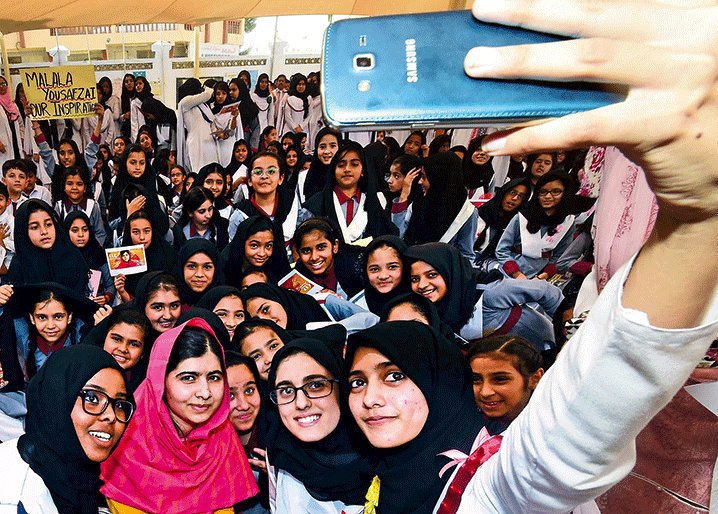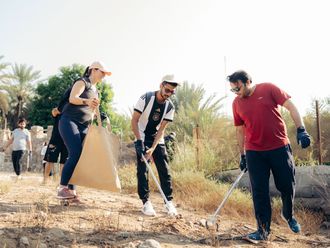
The UAE is one of the fastest-growing markets for education, supported by a strong government commitment. In the federal budget for next year, the sector has been allocated the second-largest allotment — Dh10.2 billion, or 20.5 per cent.
And the outlook is positive. Alpen Capital’s GCC Education Industry 2016 report forecasts that student numbers in schools and universities will grow 4.1 per cent annually until 2020 to 1.4 million. The UAE also ranks 37th and 38th for quality of higher education and training, and primary education respectively in the 2015-2016 Global Competitiveness Report.
The country is home to renowned schools, including GEMS, Taaleem, SABIS and Innoventures. Together, they offer more than 16 curricula including Indian, British, American, and the international baccalaureate.
Ros Marshall, CEO of education provider Taaleem, finds the private schools market becoming increasingly competitive. “There is now real choice available for parents in both curricula and price point, and the English National Curriculum remains the most popular school programme with parents,” she says. “The standards of education in private schools are rising year-on-year, due in part to the targets set by the UAE National Agenda for Education, which is a positive force for improving the quality of teaching and learning and outcomes for children.”
The UAE takes great care to promote Arabic literacy. Shaikha Bodour Bint Sultan Al Qasimi’s Kalimat publishing house is one example. The recipient of this year’s best publisher in Asia award at the Bologna Children’s Book Fair, its initiatives also include Horouf, an Arabic-language education programme using smart technologies. Tablets equipped with learning apps and programs, developed in collaboration with Horouf, are distributed to Sharjah schools under the Lughati (My Language) initiative since 2013. The second phase will reach 49 new schools.
International education
The higher education segment is growing rapidly, since the country’s first university — UAE University in Al Ain — was established in 1976. Today, the presence of leading centres such as Zayed University, the Higher Colleges of Technology and international brands such as the American Universities of Sharjah and Dubai, Murdoch, Amity, Heriot-Watt and Paris-Sorbonne University has contributed to the UAE’s rise as an education destination.
As a global trade hub, the UAE has also seen a proliferation of businesses, finance and management training and development institutions. Two — London Business School — and Insead, are ranked among the top ten executive education programmes by the Financial Times in 2016. Meanwhile, the Emirates Institute for Banking and Financial Studies schools banking and finance professionals in the region. It has seen 20,850 participants (including 5,366 UAE nationals) in 833 vocational programmes in the first eight months of this year alone.
“The higher education segment is growing rapidly as the UAE government continues on its initiative to diversify its economy and develop the UAE as a truly knowledge-based economy as part of UAE Vision 2021,” says Dr Muhadditha Al Hashimi, the first Emirati woman to take a leadership role in higher education and a member of the board of trustees at University of Sharjah.
Sports scholarships
Nurturing sporting talent has also become a core element at a lot of institutions.“Sports at the college level are getting very competitive these days, and everyone would like to have the best players in their team,” says Franky Barreto, Manager of Student Services at UOWD and a former player for the Indian international football team.
“Offering sports scholarships to outstanding young sports people not only helps obtain great talent but also gives students an opportunity to get academic qualification,” he adds.












